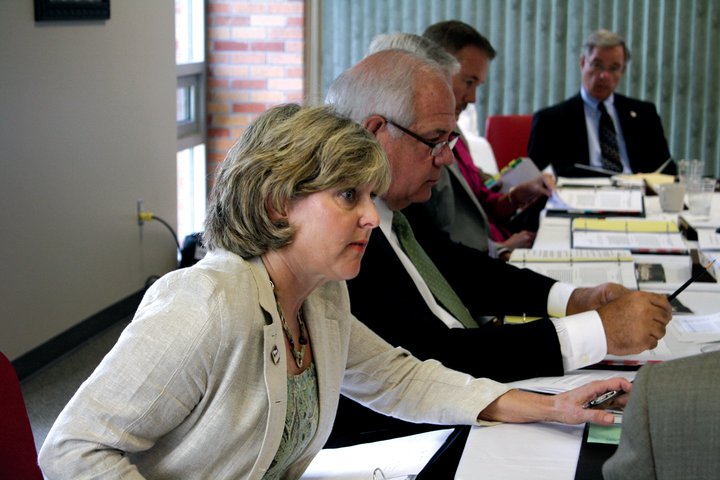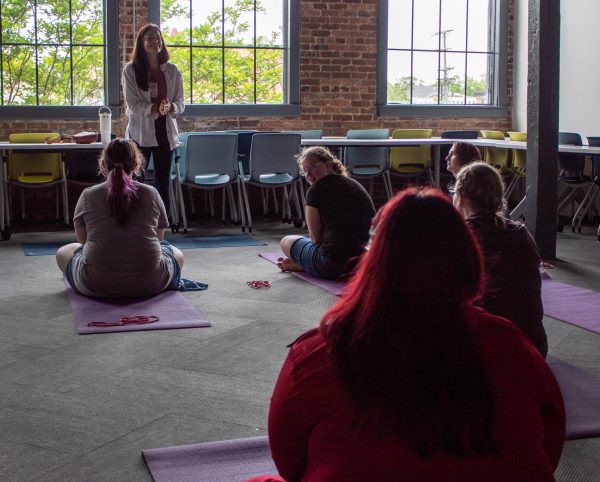UNA board of trustees passes increase to student tuition
June 14, 2011
The UNA board of trustees voted Monday to increase the cost of tuition by 10.3 percent in the 2011-2012 academic year.
What this means for students is that the price of one credit hour will rise $19, which is an increase from last year’s $185 per credit hour to $204 per credit hour.
If a student takes 15 hours in a semester, which is considered the average for full-time students, that student will pay $3,060 in tuition. A $19 increase will also be added to graduate tuition as well. Additional fees will add on to the amount students pay.
The rise in tuition costs is not related to the board’s decision to move UNA’s athletic department to Division I. Instead, the increase in tuition is due to the appropriation of federal and state funds that led to drastic cuts from UNA’s budget.
In the past three years, UNA’s budget has been cut by $10 million, and it has been getting harder for university officials to tread water. Despite the cuts made in the budget, there have been no cuts to the faculty, according to Dr. Steven Smith, vice president of business and financial affairs.
“We haven’t cut anyone or laid anyone off,” Smith said. “Instead of firing or laying off faculty and staff, they simply combine salaries of non-returning workers and create a new position out of it. In fact, the new tuition will be used, in part, to give the faculty and staff a 3 percent salary raise—something that has not occurred in almost five years.”
Despite the positive aspects of the pay raise for faculty and staff, many students are unhappy about digging deeper into their wallets to pay for college. However, some students seem to understand the dilemmas the university is facing with proration.
“I have no real problems with the slight raise in tuition,” said physics major Joshua Oglesby. “And we all know most educators as a whole are underpaid, and from my experience with different departments of UNA, there are quite a few that deserve a raise.”
SGA Vice President of Senate Emily McCann is a little more apprehensive.
“I wouldn’t say I approve of the decision, but every university is raising their tuition,” said McCann. “No one is happy about having to write a bigger check or take out a larger loan, but it’s not like there are many options.”
Smith also said up to 38 percent of the budget comes from the state. That means, when the state cannot provide funds, the students—or the majority of the other 60 percent of the operating budget—have to pick up the slack.
Just how much slack will need to be picked up will not be available until later this year when the budgeting covering the D-I movement is released.











